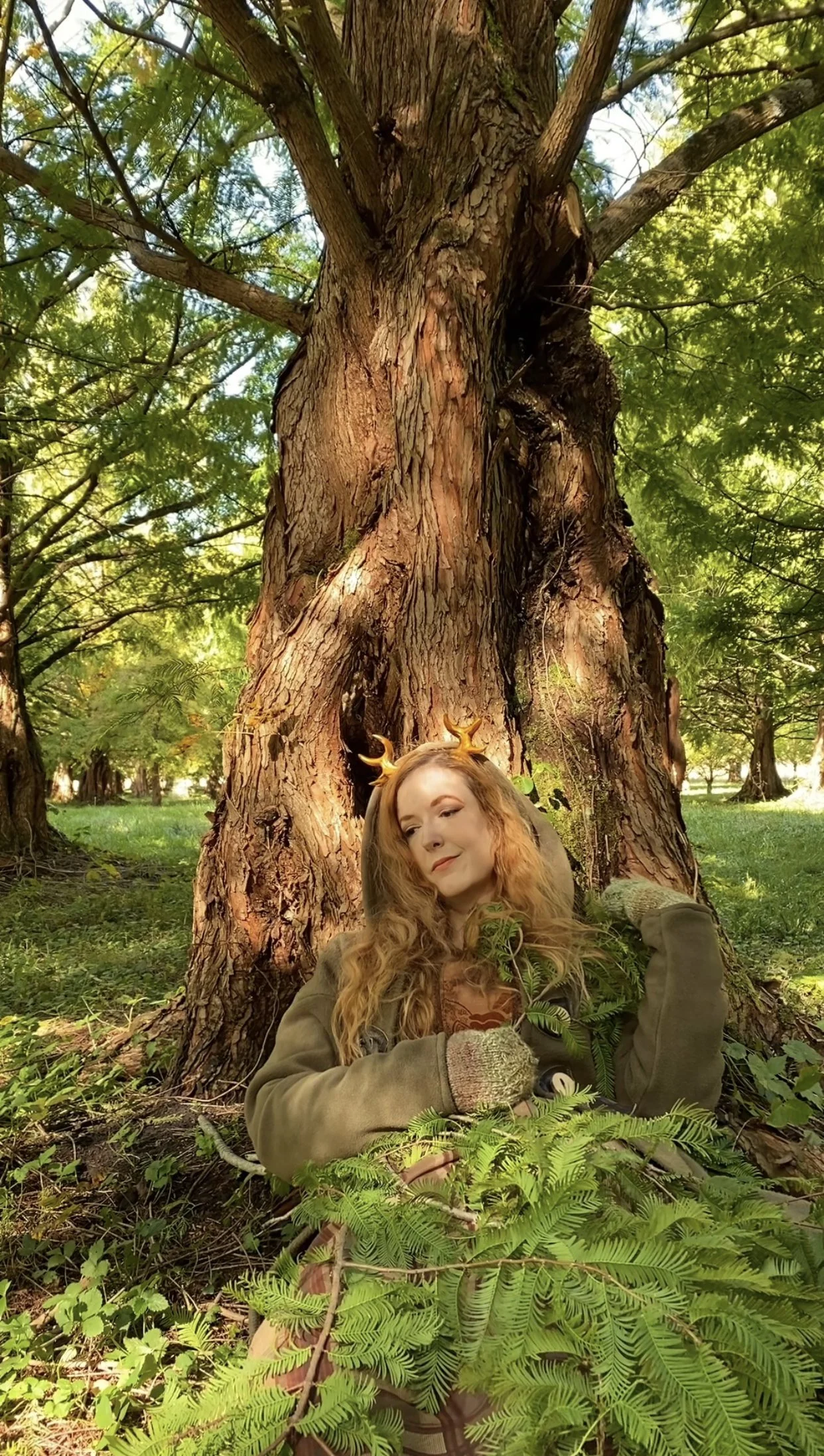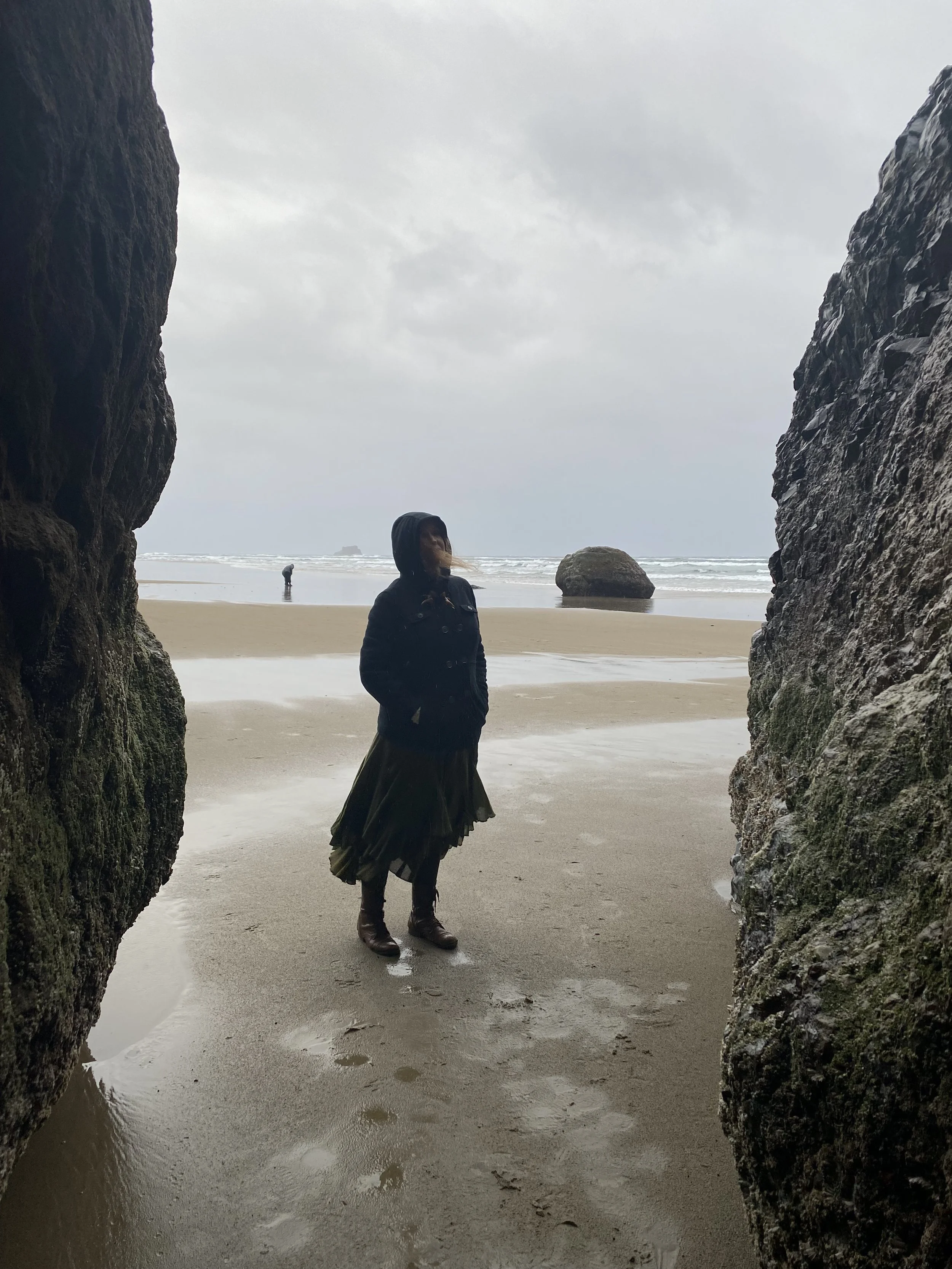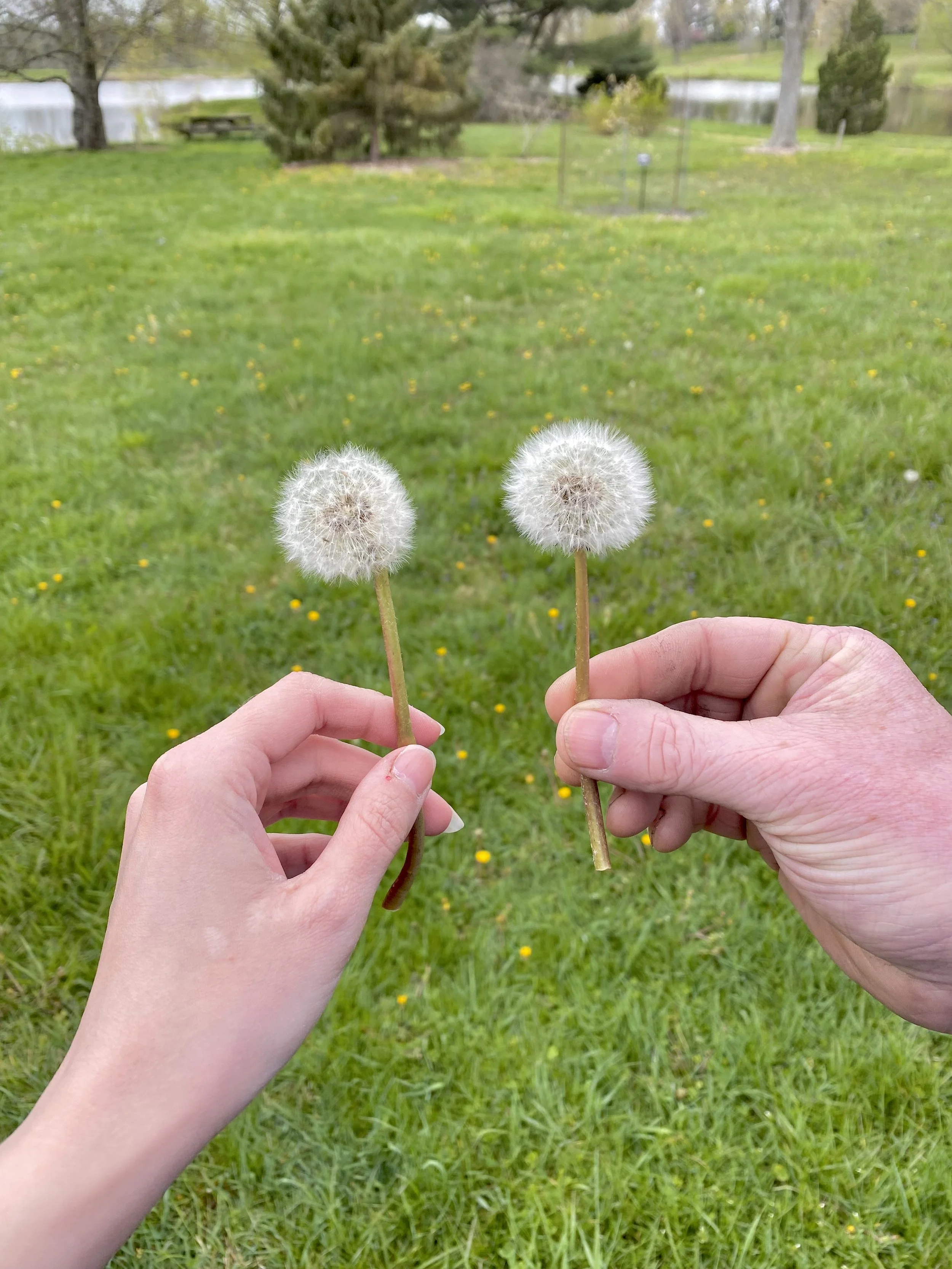Mindfulness: A Path to Faerie, a Path to Remembering
/Visiting the dawn redwoods at my local arboretum. The leaves were so soft and feathery, they were a lovely blanket
A magical abandoned space on Kelleys Island in Lake Erie
I have a terrible memory. I can't remember the names of most of the patrons at the library where I work, even the regular ones. Tom will start to talk about experiences we've had in our early relationship, and I can only vaguely recall them. My school years are an extremely hazy image of a few random memories here and there. And I find myself already having to look up plot synopses for books I've read this year to try to recall what they were about. Sometimes, if I’m having an especially euphoric day, or an experience of giddy joy and magic, I will tell myself to be mindful of the moment, to fill my brain and senses with all of the experiences of sound, taste, touch, sight, feelings. All so that I can remember that special moment in every detail. But it never works. I might vaguely recall the joy, but it fades into a sort of misty reminiscence over time.
When I read faerie stories old and new, I find myself reacting skeptically: how could someone forget a magical experience or a faerie encounter? Why wouldn’t it be burned into their consciousness for the rest of their life? But then I recall with a hazy lack of clarity such momentous occasions as my own wedding day, which I’m sure I don’t remember in precise detail. We are all storytellers when it comes to our memories. Oftentimes without meaning to, we shift details around when recalling what occurred. Pondering how such things are in our nature, it makes more sense why after years go by, a character in a faerie story would question the accuracy of their own memory of a magical experience or encounter.
Feeling my heart sing at the Oregon coast
And yet…a trigger to our senses, a song, a smell, a moment of mindful awareness can bring those lost memories back in flashes of detail that can be so precise, it is as if we are time travelers. Recently I was in the shower on a cold day, and as the warm water hit my skin, I started to think about taking long hot baths when I was a child, and how my mom would set me in a pile of soft towels afterward in front of the electric heater. And as I pondered the memory while staying very aware of the sensation of warm water on my skin, I felt myself slip back into the feeling of childhood, remembering bath toys I hadn’t thought of in years, and for an ephemeral moment I felt that innocent release of all responsibility or adult burden. It was magic.
Mindfulness like this can also be the path to Faerie: time is an illusion in the fey lands, and it also falls away when you are having an experience of true full awareness. We may try to live mindfully but despite living in an eternal now, we tend to dwell in the past or the future, which are just as ephemeral to the present moment as fairy stories.
To read or write about an object or experience is, by necessity, to mimic the experience of mindfulness. When a protagonist eats an orange, a thoroughly described story will tell you about the sharp citrus smell that instantly fills the air as soon as your thumbnail presses into the leathery rind, the way the juice drips across your tongue as you bite into the section of fruit. We ask ourselves while we read the author’s words why it is that this orange sounds more real, decadent, luscious than any we’ve ever eaten. It’s because the protagonist is eating it mindfully. She has to, for the author to fully describe it. How many times have you eaten your lunch in a rush at work and not even tasted a single thing you imbibed? Driven down a street and not looked at a single thing except the road, mind a million miles away? The only time you notice these things is when you’re being mindful. In this way, fiction isn’t just escapism, it can be a call to be more present.
Making wishes with Tom
This is why we need stories, your stories. To be able to trigger that feeling of awareness again. To make us look around and see the world through new and fresh eyes, and wonder how we could forget so often. Stories and travel both do this, make us pay more attention to the mundane. Make us return to the familiar in our daily lives and see it anew.
It has been said that it’s important for each writer to write their stories because no one else can see the world exactly as they do. But we also need each person’s stories because seeing the magic through new eyes helps trigger that suffused sense of extraordinary in the ordinary. It is the opposite of escapism. It is a door that opens our heart and our inner eye to the wonder around us in the present. It makes us more aware, not less. And each person will find that feeling of magical receptivity in a different story. The one you have to tell will be added to the right reader’s dragon's horde of stories, tales to draw forth and read again when memory dims and they need to find that spark in their lives again.
That's what so much of my daily work is about: finding those stories for myself, writing those stories for others, striking flint against stone to stir the fire to life again. And being that tinder for other people as well, to blow on the embers of their sense of hope and wonder, even as the world seems to be collapsing around us.
A wise reminder
Walking on one of my favorite local paths










